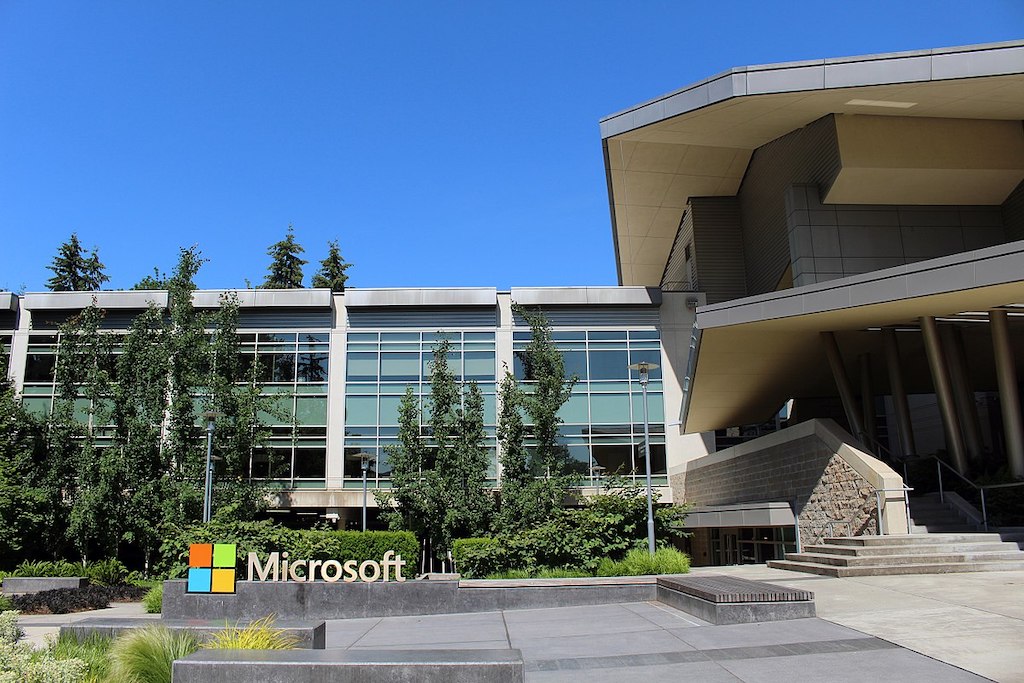The Space Force Should Improve the Cybersecurity of Space Assets
President Trump offered his support last month for the creation of a Space Force within the U.S. military. In a paper released last week, my Harvard colleague Greg Falco argues that one of the first missions for this new force should be to improve the cybersecurity of space assets. This proposal is worthy of deep consideration as the cybersecurity of space assets remains a top, if underexamined, priority for national security, and the opportunity to shape the roles and missions of a new Space Force will soon pass.
Falco does not hype the threat, but his assessment of the risks are sobering: The consequences of disrupting or degrading connectivity are striking when one considers how much of U.S. critical infrastructure relies on connectivity in or through space. His recommendations take a similarly balanced approach and offer interested policymakers a few potential steps to get started, such as modifying pertinent sections of the Code of Federal Regulations.
One area that could benefit from future research is how to deconflict roles and missions between a Space Force (or the military in general), the Department of Homeland Security, NASA and other parts of the federal government. This specific issue is a bit beyond the scope of Falco’s paper, but it reflects a challenge that still seems to bedevil federal cybersecurity policy: Who exactly is in charge of what? Space assets and affiliated organizations span the military, civilian government and multiple private-sector spheres. Perhaps more than any other sector of the U.S. economy and society, improving the cybersecurity of space assets really will require a whole-of-nation approach.



.jpg?sfvrsn=e1000919_5)

